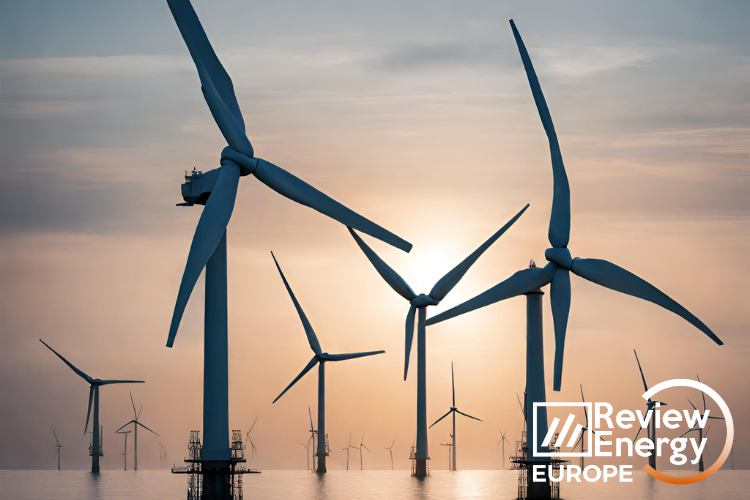
Baltic Sea nations unify efforts to safeguard offshore energy infrastructure security
The Energy Ministers from eight Baltic Sea countries -Lithuania, Denmark, Estonia, Finland, Germany, Latvia, Poland, and Sweden- have endorsed the Vilnius Declaration, vowing to enhance cooperation to safeguard critical offshore energy infrastructure in the Baltic Sea region.
This agreement follows the Russian invasion of Ukraine and various incidents of sabotage targeting energy infrastructure in the Baltic Sea, which have raised new security concerns. The signatories are committed to deterring potential malicious activities against offshore and underwater infrastructure within the framework of NATO and the EU.
The Baltic Sea nations are swiftly expanding their offshore wind and transmission capabilities. As of 2023, the countries have committed to boosting offshore wind capacity in the Baltic Sea from its current 3.1 GW to 19.6 GW by 2030.
The Vilnius Declaration reaffirms these countries' resolve to promptly execute the measures outlined in the EU Wind Power Package, aimed at unlocking the Baltic Sea's abundant offshore wind potential. They pledge to decarbonize their energy systems at the earliest opportunity, aiming for a swift transition. Collaboratively, they seek to phase out reliance on Russian fossil fuels, substituting them with competitive and domestically produced renewables.
The signatories recognize the significant potential of offshore wind in the Baltic Sea for decarbonization, diversification, electrification, and renewable hydrogen production. They aim to cultivate a robust and resilient wind energy supply chain within the Baltic Sea nations to cater to the anticipated surge in offshore wind projects. This endeavor includes investments in grid infrastructure and port facilities.
European security
Nowadays, renewables are a crucial aspect of European security, encompassing both energy security and national security concerns. The Russian incursion into Ukraine and assaults on energy and communication infrastructure in the vicinity have shifted Europe's security priorities. These events have underscored the urgent need for Europe to bolster its energy security measures and intensify its endeavors to safeguard vital offshore energy infrastructure.
In a bid to bolster Europe's resilience against emerging hybrid and cyber threats, the Baltic Sea countries are now aiming to enhance the security of offshore and underwater infrastructure. Their objective is to deter potential malicious activities targeting these assets within the frameworks of NATO and the EU.
The Vilnius Declaration emphasizes that enhanced interconnectivity among the EU Baltic Sea nations will notably bolster Europe's energy security. In pursuit of this goal, the signatories aim to strengthen collaboration in the development of jointly constructed hybrid offshore wind farms, establish new offshore energy hubs, and expand the deployment of a more interconnected offshore wind grid.
Context
REPowerEU, the EU's response to the Russian invasion of Ukraine, has effectively enhanced Europe's energy security and overall resilience. A cornerstone of this strategy is the accelerated expansion of cost-effective and domestically produced renewables.
Moreover, the European Commission adopted a comprehensive Wind Power Package aimed at fortifying Europe's wind industry through 15 immediate actions. This initiative garnered endorsement from 26 EU Member States, who committed to implementing it by signing the European Wind Charter.








Comentarios
Sé el primero en comentar...